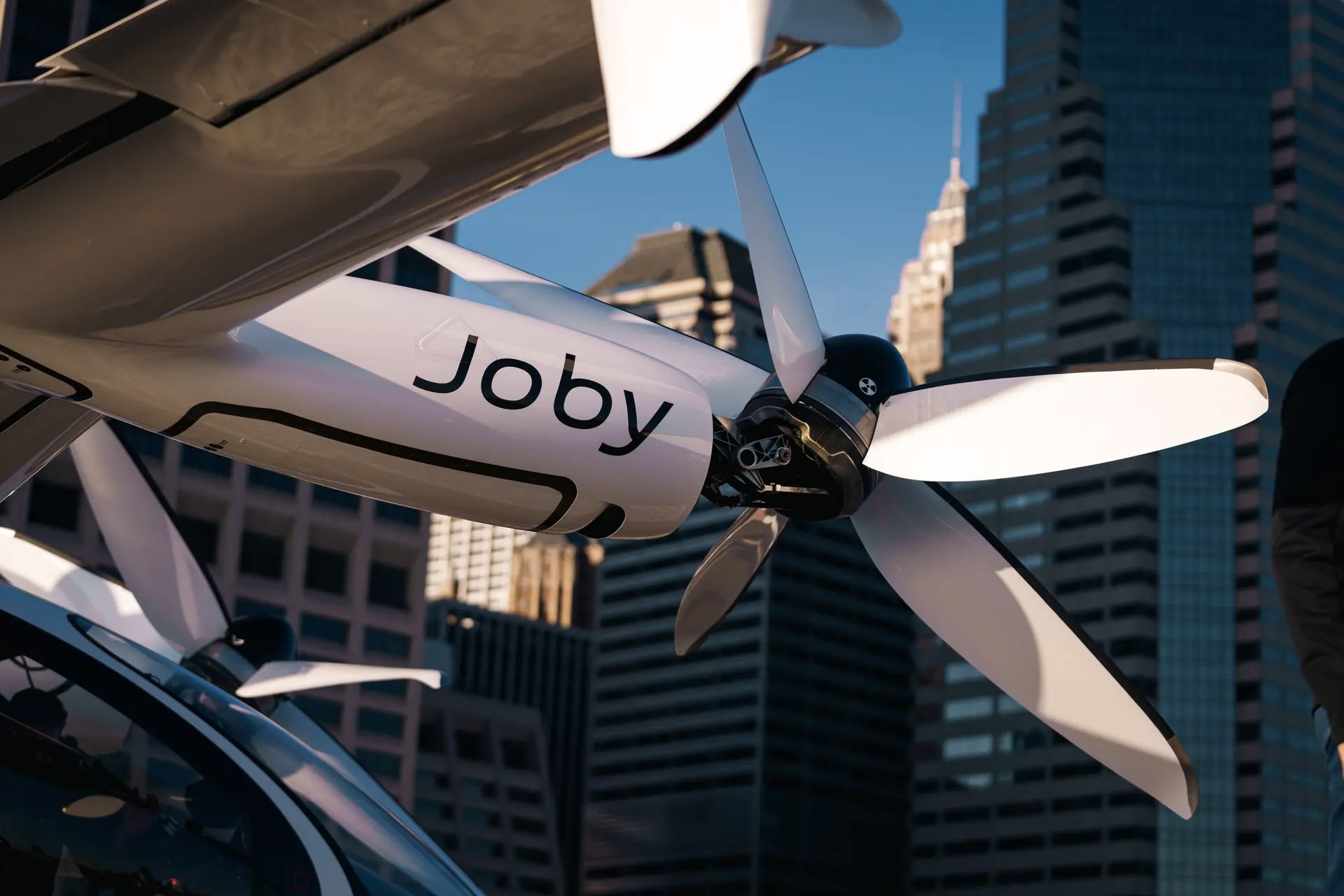The Future of Air Mobility: EVTOL Takes Flight in New York City
Revolutionizing Air Charter Services
The aviation industry witnessed a monumental moment with the first demonstration flight of an Electric Vertical Takeoff and Landing (EVTOL) aircraft in New York City. The flight was conducted from the iconic downtown heliport in Manhattan on November 12th. This breakthrough not only represents a significant advancement in aviation technology but also marks a turning point for private air charter services, offering a tantalizing glimpse into the future of urban air mobility. Imagine being able to hire your personal air taxi to take you farther, faster, from congested urban areas, directly from your place of residence or work, or close-by.
Joby's Pioneering EVTOL Takes Flight in New York City: This cutting-edge electric vertical takeoff and landing aircraft, designed by Joby Aviation, marks a significant leap in sustainable urban air mobility, seamlessly blending advanced technology with environmental responsibility.
This model, known as the Joby S4, is a five-seat prototype, distinguished by its electric power and the use of Joby's LEAPTech distributed electric propulsion system, a technology developed in collaboration with NASA. The S4 is part of what Joby Aviation refers to as their "Generation 1" EVTOL aircraft. Photo: Joby.
Advantages Over Traditional Helicopters
EVTOLs, often compared to helicopters, provide several distinct advantages. Their electric propulsion systems make them quieter, more environmentally friendly, and potentially more affordable to operate. This difference is particularly noteworthy in urban settings like New York City, where noise pollution is a critical concern. Additionally, EVTOLs require less space for takeoff and landing, making them suitable for densely populated areas.
Reduced Noise Pollution
One of the most striking advantages of EVTOLs over helicopters is their reduced noise levels. The electric motors in EVTOLs emit significantly less noise compared to the roaring engines of helicopters, making them more community-friendly, especially in noise-sensitive areas.
Environmental Impact
The environmental impact of EVTOLs cannot be overstated. These aircraft are zero-emission, aligning with the growing demand for sustainable transportation options. In a world increasingly conscious of its carbon footprint, EVTOLs present an eco-friendly alternative to traditional air travel.
Game-Changing Technology for Air Charter Services
For private air charter clients, EVTOLs offer a game-changing mode of transportation. Their ability to bypass traditional airport infrastructure and traffic congestion transforms the landscape of urban travel. This technology can reduce travel time significantly saving clients precious hours in a time-starved world.
In this photo, the S4's rotor assemblies, which can tilt, enable it to shift seamlessly from a hover state to an efficient cruise mode, fully supported by its wings. Photo: Joby.
Seamless Urban Integration
The compact design of EVTOLs allows them to integrate seamlessly into urban environments. They can operate from vertiports, which can be established in smaller spaces like rooftops or unused land, providing unprecedented access to city centers and remote locations.
Cost-Effectiveness
While still in the early stages, the operational cost of EVTOLs is projected to be lower than that of helicopters, owing to lower maintenance requirements and the decreasing cost of electric power. This affordability could open the doors to a wider range of clients, and a new entry point to first time charterers.
A Sustainable Future in Air Travel
The demonstration of EVTOL technology in New York City is more than just a technological feat; it's a step towards a sustainable future in air travel. This innovation aligns with global efforts to reduce carbon emissions and combat climate change, positioning EVTOLs as a responsible choice for environmentally conscious clients.


